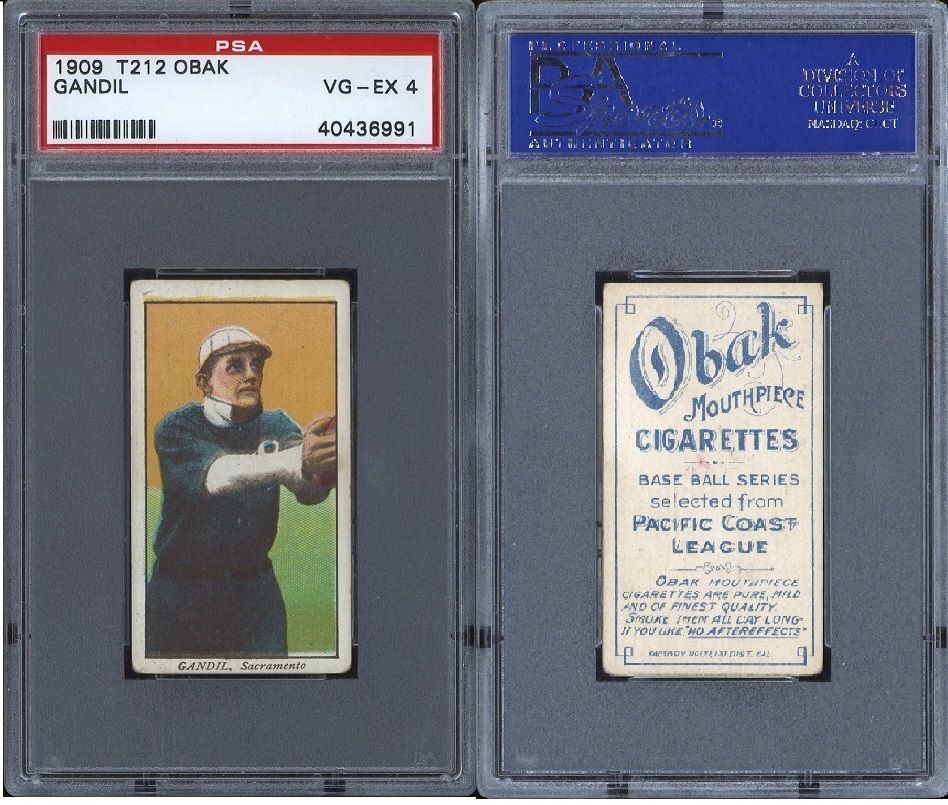The Black Sox scandal is the name given to the conspiracy to fix the 1919 World Series played between the Chicago White Sox and the Cincinnati Reds. A number of players on the Chicago franchise conspired with gamblers to throw (intentionally lose) games in what is the biggest scandal in major league history.
This betting conspiracy between a group of players and gamblers led to the permanent banning of eight players from the White Sox baseball, the introduction of the post of commissioner, and strict rules prohibiting gambling that live on to this day.
"Shoeless" Joe Jackson. The star outfielder, one of the best hitters in the game, confessed to accepting money from the gamblers. The story told by Hugh Fullerton of a tearful young boy standing on the courthouse steps, calling out "Say it ain't so, Joe!" is almost certainly apocryphal.
Eddie Cicotte. The pitcher also confessed to accepting money from the gamblers. His second pitch of Game 1 of the 1919 World Series hit Reds leadoff batter Morrie Rath in the back, which was the pre-arranged signal to the gamblers that the players had accepted the fix.
Oscar "Happy" Felsch, center fielder; later became Eliot Asinof's primary source for his 1963 book,Eight Men Out.
Claude "Lefty" Williams, pitcher. 0-3 with a 6.63 ERA for the series. His usually excellent control deserted him at key moments of the Series.
Arnold "Chick" Gandil, first baseman. The leader of the players who were in on the fix, he did not come back for the 1920 season.
Fred McMullin, utility infielder. McMullin was only in on the fix because he overheard a pre-Series conversation between Gandil and Risberg and demanded to be let in. He made two pinch-hit appearances and had one hit in the Series. However, when Gandil retired after the Series, McMullin became the chief liaison between the players and gamblers in 1920, when other games were suspected to be thrown.
Charles "Swede" Risberg, shortstop. Risberg was Gandil's friend and main accomplice during the Series.
George "Buck" Weaver, third baseman. Weaver attended the initial meetings, and while he didn't go in on the fix, he knew about it. Landis banished him on this basis, stating: "Men associating with crooks and gamblers could expect no leniency". Weaver, to little effect, continued to protest his innocence to successive baseball commissioners until his death in 1956.
Thanks to Baseball-Reference for the introduction to the thread. Here is my Chick (never knew his first name was Arnold)

.... It seems there are some Back Sox with lots of cards and others with few....would love to see any if members want to show some...
